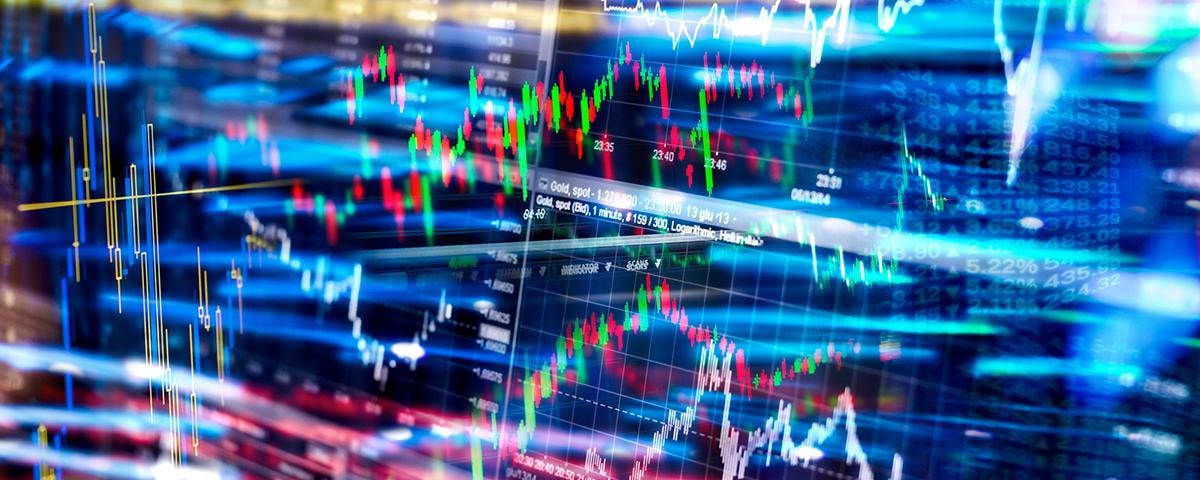Key News
Asian equities were higher on light volumes as investors kept an eye on the Middle East.
Ten state-owned-enterprises (SOEs) announced new or increases to their buybacks, adding to the forty companies who announced similar plans in September. Several buyback indices have been announced, with Mainland ETFs likely to be launched in the not-so-distant future. Last week, we had China’s sovereign wealth fund buy four high-yielding bank stocks, with more purchases coming. Stock stamp duties have been eliminated, buybacks encouraged, and stock sales restricted, along with incremental stimulus and rate cuts.
The National Energy Administration announced China’s total electricity consumption increased +9.9% year over year to 781.1 billion kilowatt-hours, which brings the YTD +5.6% YoY. These are part of the government’s effort to get the market higher as the Shanghai Composite and Shenzhen Composite sit below our lines in the sand of 3,200 and 1,900.
In Hong Kong, Tencent has been buying stock hand over fist for more than two months, with Bloomberg News reporting the company has bought $4 billion of stock year to date, plus $20 billion of dividends, mainly through Meituan shares returned. Tencent returned shares of JD.com to shareholders in January 2022. There are positives on the horizon with news around Singles Day starting, a potential Biden-Xi meeting in November, and several government political and economic meetings coming. Mainland media had a good article speaking to the process of the “policy bottom” moving towards the “market bottom”. “Less bad” is a positive catalyst, though the $1,000 question on Fed hiking has weighed on risk assets.
Several distressed property developers were back in the news as they struggled to meet coupon/principal repayments though we should be used to this as Western media’s “Lehman moment” is becoming a bit long in the tooth. The Ministry of Natural Resources announced limits on the highest price of land sales should be eliminated. Hong Kong outperformed with all sectors positive, though on light volumes. Hong Kong’s most heavily traded stocks were Tencent +0.33%, Xiaomi +3.99%, Alibaba HK +0.86% as it began promoting Singles Day, Meituan +0.7%, and AIA +1.61%, which has been buying back stock as well.
Baidu was off -1.65% despite the start of the annual Baidu World 2023 conference with founder/CEO Robin Li announcing the ChatGPT-like launch of Baidu’s “next-generation and most powerful foundation model, ERNIE 4.0” offering drastically enhanced core AI Capabilities. Mainland investors were small net buyers of Hong Kong stocks today. Mainland China was up small, though we’ll take it.
I mentioned China’s electricity consumption as it is a contributing input to the Premier Li Keqiang index. Premier Li stated he preferred to track electricity consumption, rail freight, and bank lending to China’s GDP. Rail freight has picked up year over year while bank lending has been weak, though starting to improve. In a meeting with a researcher yesterday, he spoke about tracking market-dependent data such as yield curve, credit spreads, currency, and sovereign debt credit default swaps (CDS). I would add equity risk premium as well. The picture is mixed using these metrics, though improving. Something to remember as we have China’s big September economic release tonight.
The Hang Seng and Hang Seng Tech gained +0.75% and +0.64% on volume -13.89% from yesterday, which is 56% of the 1-year average. 315 stocks advanced, while 162 declined. Main Board short turnover declined -26.52% from yesterday, which is 55% of the 1-year average, as 16% of turnover was short turnover (remember Hong Kong short turnover includes ETF short volume, which is driven by market makers’ ETF hedging). The growth factor edged out the value factor, while large caps outperformed small caps. All sectors were positive, with tech +1.91%, utilities +1.3%, and healthcare +0.92%. Top sub-sectors were food, technical hardware, and media, while household products, consumer services, and business/professional services were the worst. Southbound Stock Connect volumes were light as Mainland investors bought $68 million of Hong Kong stocks and ETFs with Meituan, Great Wall Motor, and Anta Sports small net buys, while Kuiashou and CNOOC were small net sells.
Shanghai, Shenzhen, and STAR Board were mixed +0.31%, -0.01%, and +0.93% on volume -9.89% from yesterday, which is 84% of the 1-year average. 1,784 stocks advanced, while 2,980 stocks declined. The growth factor outperformed the value factor, while large caps outpaced small caps. The top sectors were utilities +0.89%, financials +0.74%, and energy +0.49%, while real estate -1.24% and healthcare -0.53%. The top sub-sectors were telecom, securities, and chemical, while motorcycle, auto parts, and gas were the worst. Northbound Stock Connect volumes were light as foreign investors sold -$418 million of Mainland stocks were Midea, Changan Auto, and Wuxi AppTech were small net buys, while Tianqi Lithium, Sokon, and TFC were small net sells. CNY and the Asia dollar index were flat versus the US dollar. Treasury bonds were sold, copper off, and steel gained.
Upcoming Webinar
Join us Wednesday, November 1st, at 7:30 pm EDT for our live webcast:
Decoding China’s Real Estate Sector with Nikko AM & Deep Dive On Chinese Asset Class Opportunities
Please click here to register.
Last Night’s Performance
Last Night’s Exchange Rates, Prices, & Yields
- CNY per USD 7.31 versus 7.31 yesterday
- CNY per EUR 7.71 versus 7.70 yesterday
- Yield on 10-Year Government Bond 2.68% versus 2.68% yesterday
- Yield on 10-Year China Development Bank Bond 2.75% versus 2.74% yesterday
- Copper Price -0.21% overnight
- Steel Price +0.74% overnight
Read the full article here


